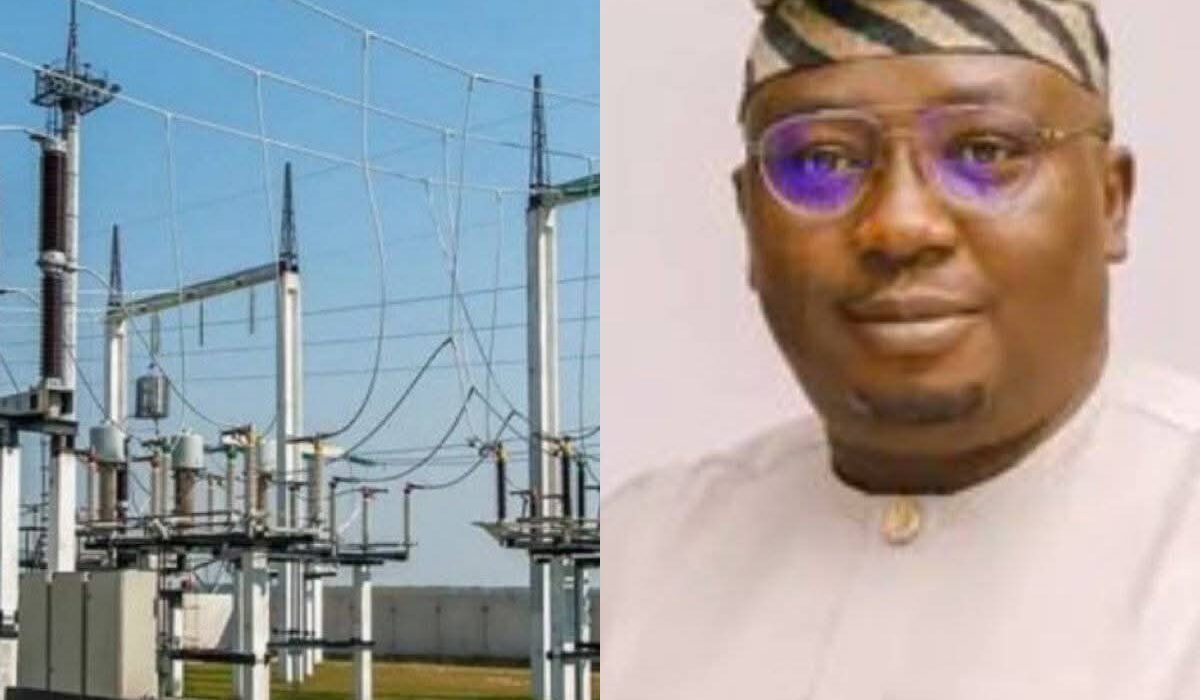Tinubu Approves ₦4 Trillion Bond To Offset Power Sector Debts, Says Minister

President Bola Ahmed Tinubu has approved the issuance of a ₦4 trillion bond to clear verified debts owed to power generationcompanies (GenCos) and gas suppliers, in a move aimed at stabilising Nigeria’s electricity market and restoring investor confidence in the energy sector.
Minister of Power, Adebayo Adelabu, confirmed the approval, describing it as a decisive step to resolve the liquidity crisis that has crippled the sector for years. He said the bond, backed by the Debt Management Office (DMO), will be used to settle verified arrears accumulated between 2015 and 2023.
According to Adelabu, the decision forms part of President Tinubu’s Renewed Hope Agenda to strengthen the nation’s power infrastructure and ensure a sustainable electricity supply across the country.
“This intervention by Mr President will help restore confidence among power generation companies and gas suppliers who have continued to operate under mounting debts,” Adelabu stated. “Once cleared, we expect improved generation capacity, better gas supply, and overall stability in the national grid.”
The minister added that the Ministry of Power is working with the Ministry of Finance, the DMO, and other relevant agencies to finalise modalities for the bond issuance to ensure transparency and accountability.
International news agency Reuters earlier reported that the ₦4 trillion debt clearance plan, equivalent to about $2.6 billion, covers payments to 27 power generation companies for unpaid invoices over an eight-year period.
Economic analysts have commended the move, noting that it could mark a turning point for Nigeria’s electricity sector by attracting fresh investment and boosting revenue generation for operators.
The power sector currently faces over ₦3.3 trillion in unpaid debts and liquidity shortfalls, which have limited generation capacity and affected service delivery to millions of consumers nationwide.
With the new bond issuance, the federal government hopes to ease financial pressure in the sector and advance its goal of achieving 24-hour power supply in the near future.









